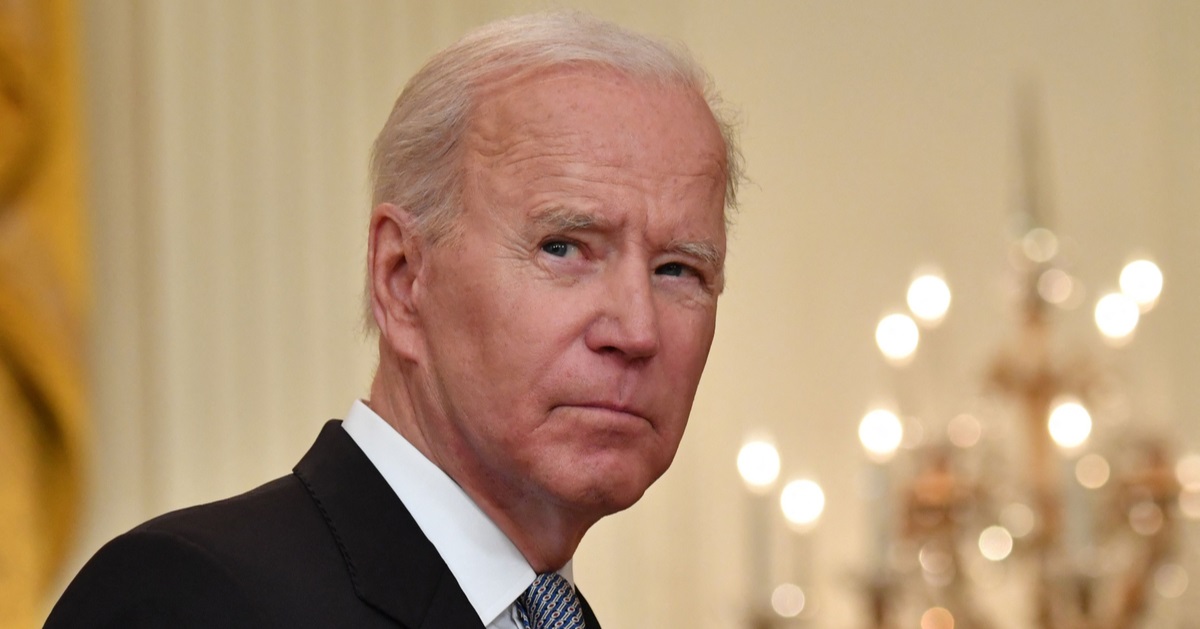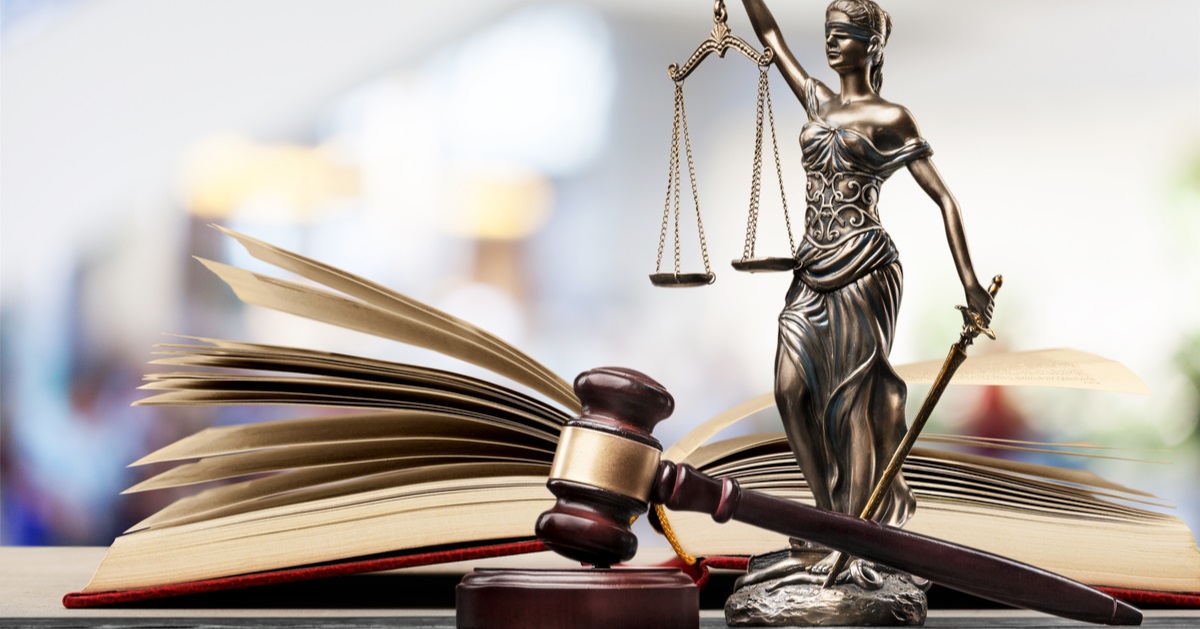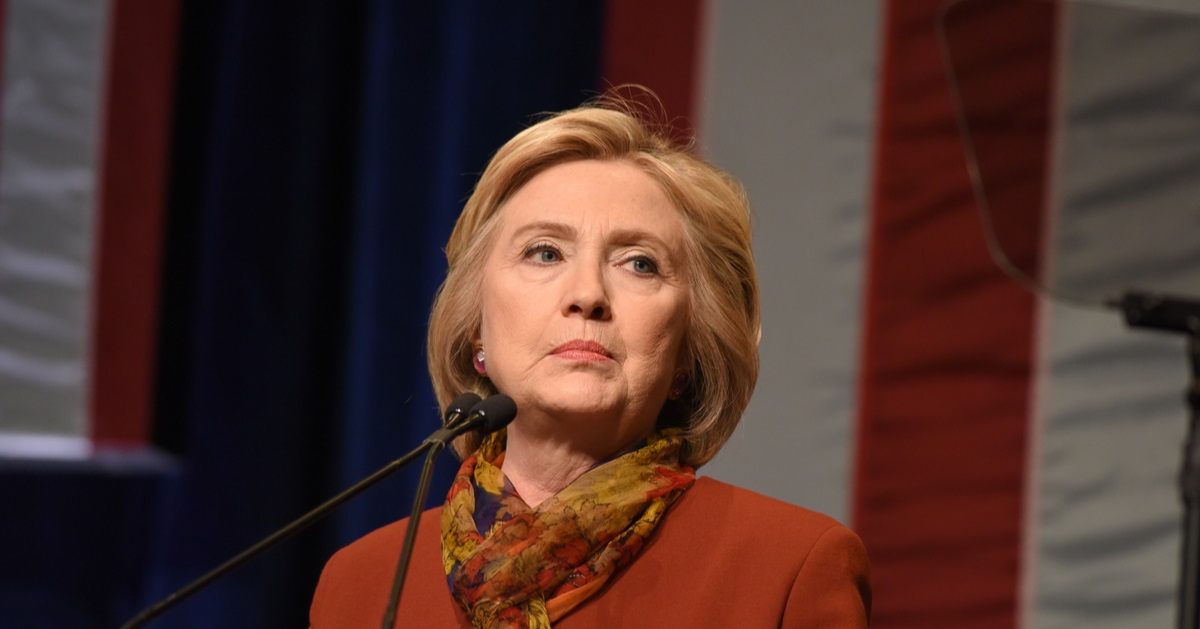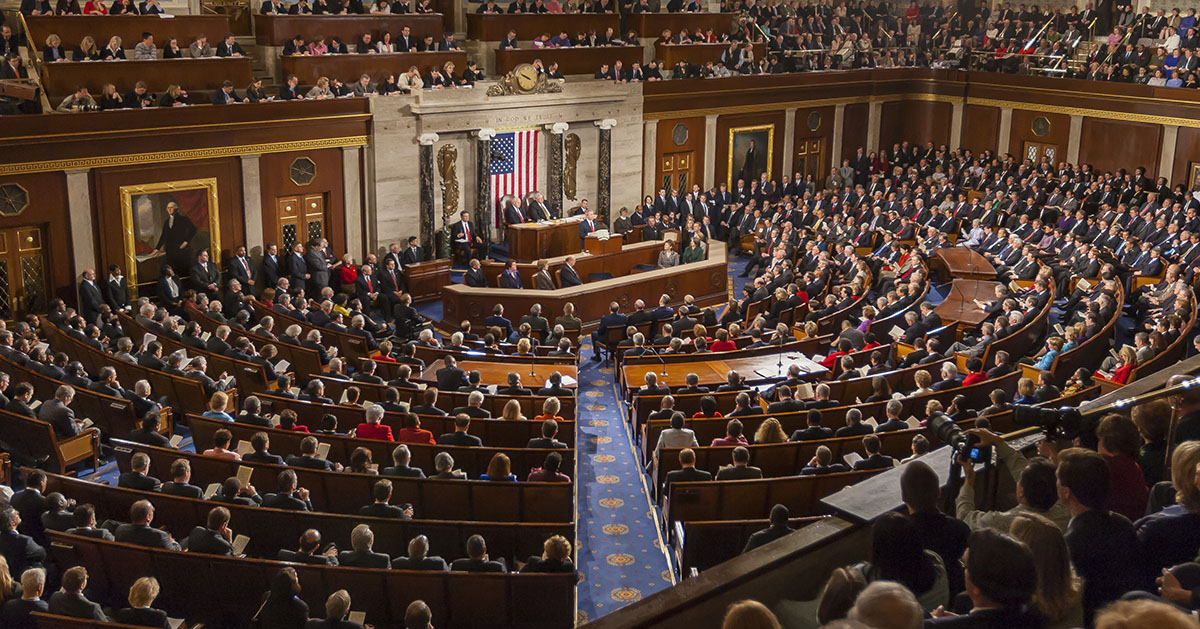Legal analysis and experts shred Biden admin over poor showing during SCOTUS arguments on misapplied 'obstruction' statute
The Supreme Court heard oral arguments Tuesday on the Biden administration's debatable use of a particular "obstruction" charge that has been pressed by federal prosecutors against more than 300 Jan. 6 Capitol riot defendants as well as separately by Special Counsel Jack Smith against former President Donald Trump.
In the view of several legal experts, the arguments didn't go well for Biden's Solicitor General Elizabeth Prelogar, who was described as being knocked back "on the ropes" and off her game by the pointed questions posed by some of the justices, according to Fox News.
The case in question is known as Fischer v. United States, and a decision will likely come at the end of the term in the summer months. A ruling against the government could lead to the dropping of two charges against Trump in his federal election case as well as dropped charges and even retrials for hundreds of Jan. 6 defendants.
Did the DOJ broadly misapply an otherwise narrow statute?
At issue here is 18 U.S.C. § 1512(c)(2), which Congress created in the wake of the Enron financial scandal as a way to prosecute certain instances of tampering with witnesses or the destruction of evidence amid ongoing investigations, and until the past few years had never been used against individuals involved in protests or riots.
The full statute states: "Whoever corruptly -- (1) alters, destroys, mutilates, or conceals a record, document, or other object, or attempts to do so, with the intent to impair the object’s integrity or availability for use in an official proceeding; or (2) otherwise obstructs, influences, or impedes any official proceeding, or attempts to do so, shall be fined under this title or imprisoned not more than 20 years, or both."
Joseph Fischer, the Jan. 6 defendant who brought the case, had initially been charged by prosecutors under 1512(c)(2) but had that charge dismissed by a D.C. district court judge, only to see the D.C. appellate court reinstate it.
The question considered by the Supreme Court was "Whether the U.S. Court of Appeals for the District of Columbia Circuit erred in construing 18 U.S.C. § 1512(c), which prohibits obstruction of congressional inquiries and investigations, to include acts unrelated to investigations and evidence."
SCOTUSblog reported that while the three liberal justices generally expressed their support for the government's application of the law against Jan. 6 defendants, the rest of the justices were at least somewhat skeptical, if not overtly opposed, to the government's broad interpretation of the statute in this instance -- with some hard questions about why it hadn't been used previously against other notable disruptions of "official proceedings."
"That's not going to work with these justices"
Fox News reported that George Washington University law professor Jonathan Turley, who is otherwise typically a fan of SG Prelogar's abilities, said she was "clearly on the ropes" and "made some uncharacteristic concessions" during Tuesday's arguments, particularly when pressed by Justice Neil Gorsuch about why 1512(c)(2) hadn't been used in other seemingly similar instances of disruptive acts of protests that obstructed or delayed proceedings in Congress or courts.
"Gorsuch laid bare the problems for the government's argument. This is where the government's arguments seem to fall apart in that," Turley said. "When pressed … Prelogar started to introduce contextual standards and said that these would just not be strong cases. And that was not the way to go, in my opinion."
The law professor also noted an exchange between Prelogar and Chief Justice John Roberts, who pointed to a 2019 DOJ opinion that laid out a narrow interpretation of 1512(c), which Prelogar attempted to dodge by claiming the opinion had never been "formally" adopted.
"It was not a good moment or a good look for the government," Turley added. "There were a lot of shrugs coming from the government in this oral argument. I mean, time and time again, when pushed to the wall, the government would simply shrug off the contradiction. That's not going to work with these justices."
Government shouldn't be testing "novel" legal theories in big cases
Also weighing in on the matter was former Arizona Attorney General Mark Brnovich, who told Fox News that federal prosecutors "shouldn’t be trying out untested or 'novel' theories in high-profile cases."
"I’m a big believer in the rule of lenity," he added. "That basically means criminal statutes should be construed narrowly, and when in doubt, you err on the side of the individual and not just throw stuff against the wall."






